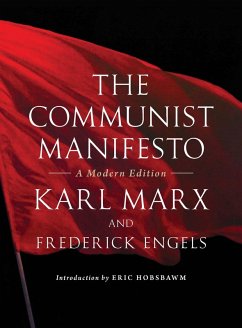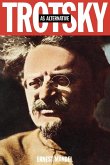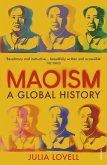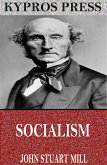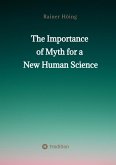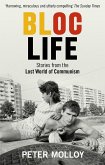In the two decades following the fall of the Berlin Wall, global capitalism became entrenched in its modern, neoliberal form. Its triumph was so complete that the word "capitalism" itself fell out of use in the absence of credible political alternatives. But with the outbreak of financial crisis and global recession in the twenty-first century, capitalism is once again up for discussion. The status quo can no longer be taken for granted.
As Eric Hobsbawm argues in his acute and elegant introduction to this modern edition, in such times The Communist Manifesto emerges as a work of great prescience and power despite being written over a century and a half ago. He highlights Marx and Engels's enduring insights into the capitalist system: its devastating impact on all aspects of human existence; its susceptibility to enormous convulsions and crises; and its fundamental weakness.
As Eric Hobsbawm argues in his acute and elegant introduction to this modern edition, in such times The Communist Manifesto emerges as a work of great prescience and power despite being written over a century and a half ago. He highlights Marx and Engels's enduring insights into the capitalist system: its devastating impact on all aspects of human existence; its susceptibility to enormous convulsions and crises; and its fundamental weakness.
Dieser Download kann aus rechtlichen Gründen nur mit Rechnungsadresse in A, D ausgeliefert werden.

